Leaked SAHMRI papers reveal ‘major concerns’ with Adelaide Bragg Centre proton therapy unit before $68m taxpayer grant
An embattled US company awarded a lucrative taxpayer contract to create a world-leading Adelaide cancer centre had a “clinically unproven” system, a leaked official assessment warned.
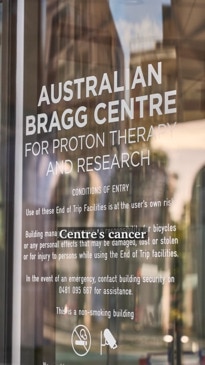
An embattled US company awarded a lucrative taxpayer contract to create a world-leading Adelaide cancer centre had a “clinically unproven” system, an official assessment warned.
The $500m Australian Bragg Centre, formerly SAHMRI 2, was last year due to operate the southern hemisphere’s first proton beam therapy unit in a fortified, four-storey concrete bunker.
The South Australian Health and Medical Research Institute project that was hoped to treat more than 700 mostly pediatric patients a year, is at “significant risk” of failure despite a $68m taxpayer grant in 2017.
After some SAHMRI board members hailed a “slam dunk” business case, an internal tender review recommended Boston’s ProTom International in early 2017 over competitors IBA, Varian and Hitachi, which is now in negotiations with Treasury as a potential white knight.
But leaked internal documents lay bare “major sources of concern” with PTI, which is now embroiled in an international dispute with SAHMRI and the state government.
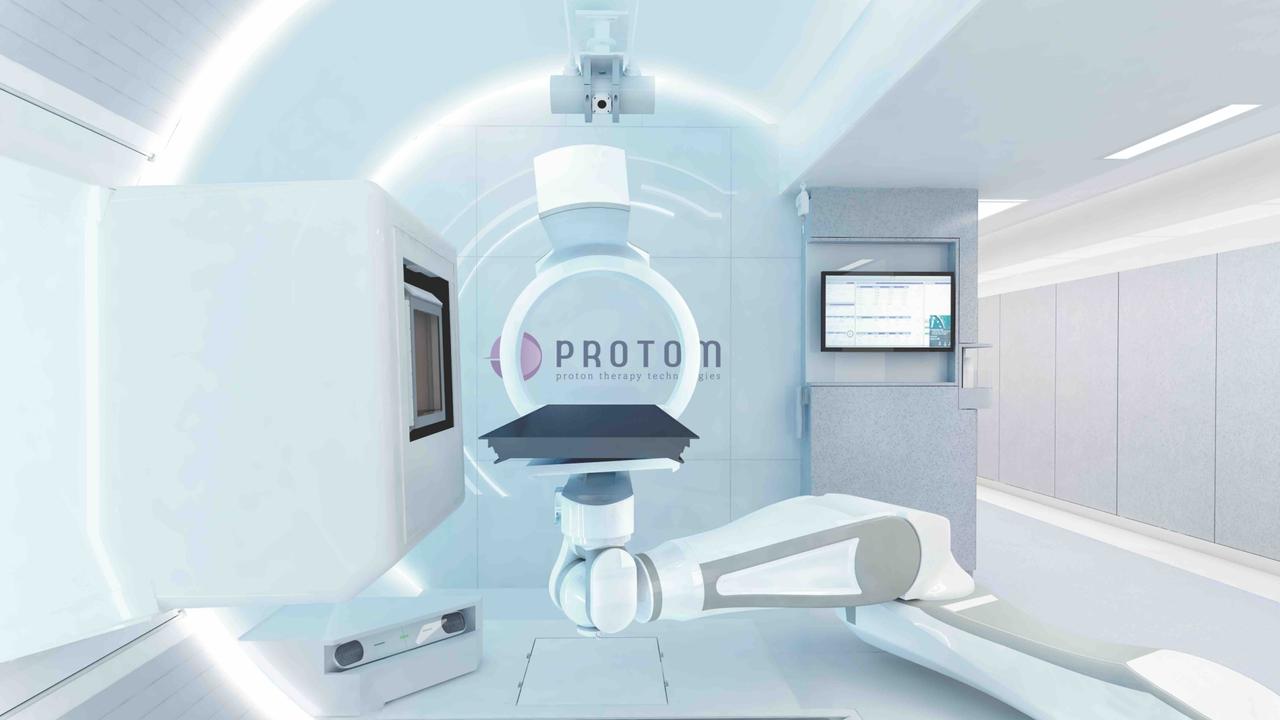
The “best and final offer” assessment, from two eminent SA radiation oncologists and a US nuclear medicine consultant, found PTI offered a “clear (and) tenable financial solution” that “matches the goal” to the institute’s commercial goals.
But the audit, sent to various project and government officials, noted “three major sources of concern” that “must be sufficiently addressed” over a 90-day “exclusivity” phase.
The clinical review team warned about cost, PTI not providing advanced radiography imaging, a need for legal contracts and issues with intellectual property ownership.
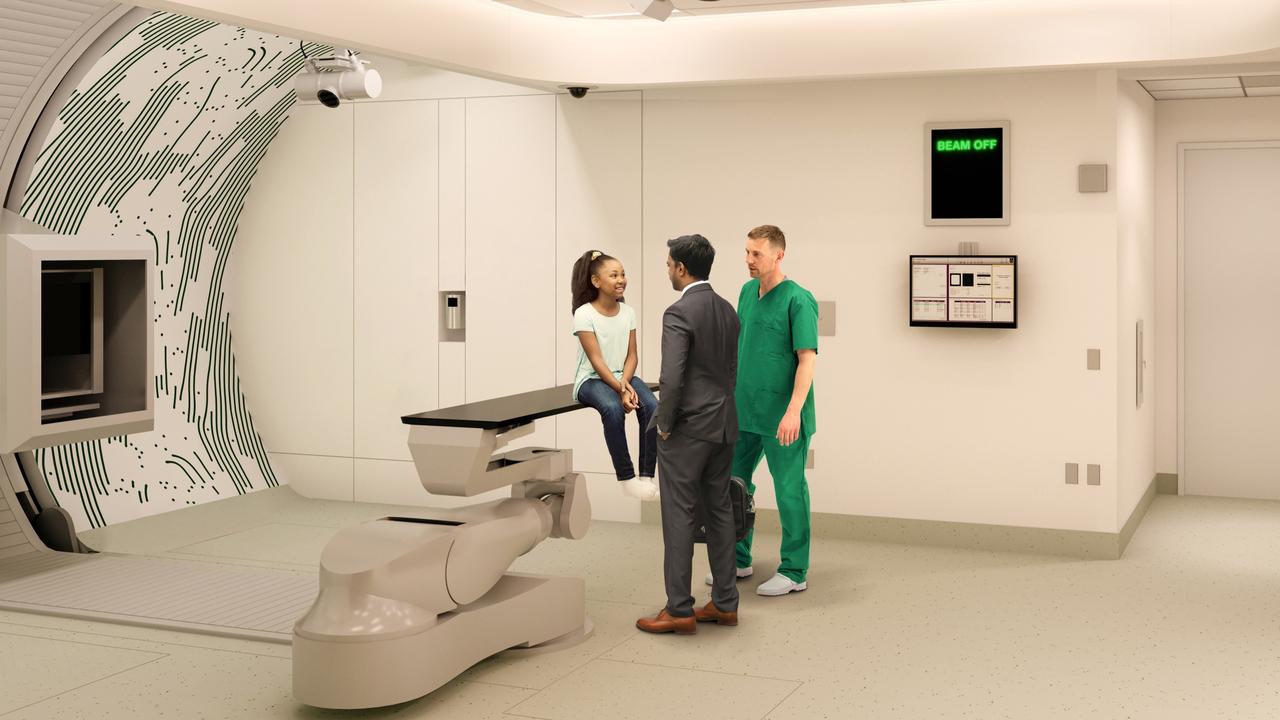
They added: “The ProTom system is unproven clinically. They currently have a failed project at Flint, Michigan and an ongoing install at Massachusetts General Hospital.”
Despite these concerns, the review gave PTI the highest clinical rating in a matrix of criteria that weighted it the same as financial considerations.
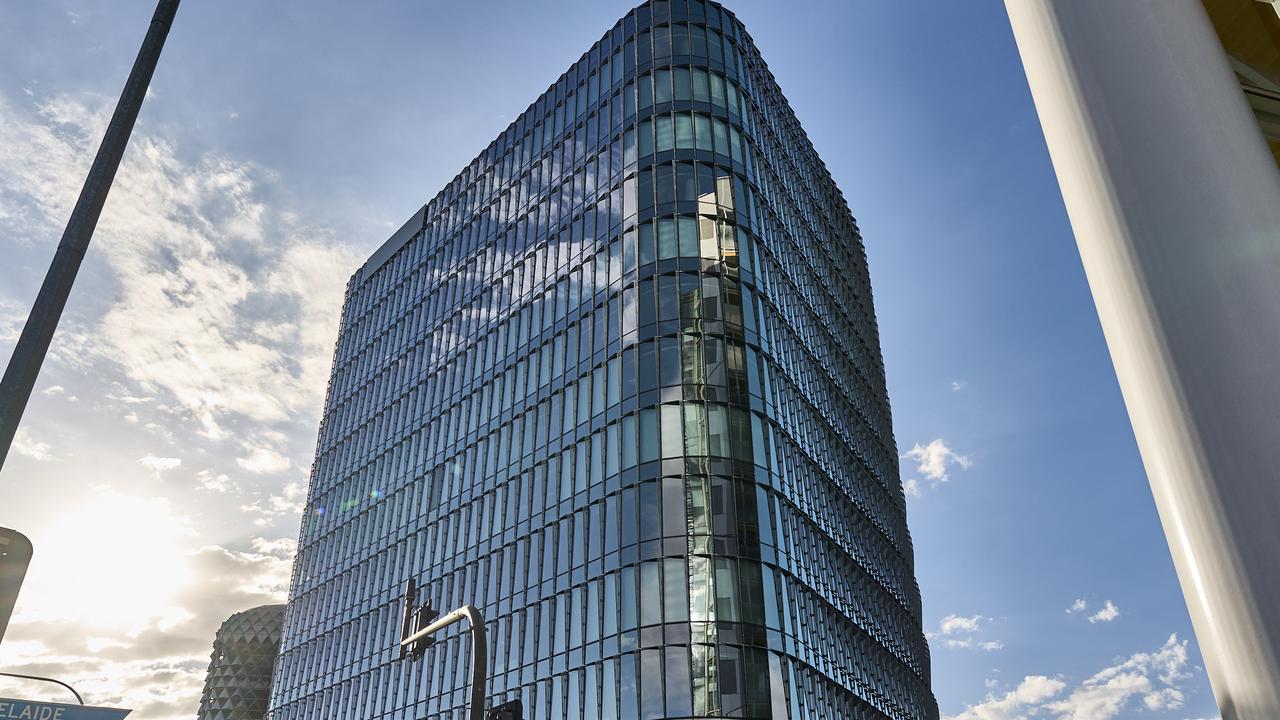
“As the ProTom system is prototypical, significant SAHMRI resources, financial and personnel, will be expended to bring the system online clinically,” it found.
Sources close to the project warn of a “remote” chance it will be revived after the US firm sought 12 more months and additional bailout of up to $US50m ($76.66m).
PTI, which filed for voluntary “Chapter 11” bankruptcy in 2015, blames Covid-19 travel restrictions, inflation and a 35 per cent tariff – or import tax – from Ukraine war due to critical Radiance 330 machine equipment being in Russia.
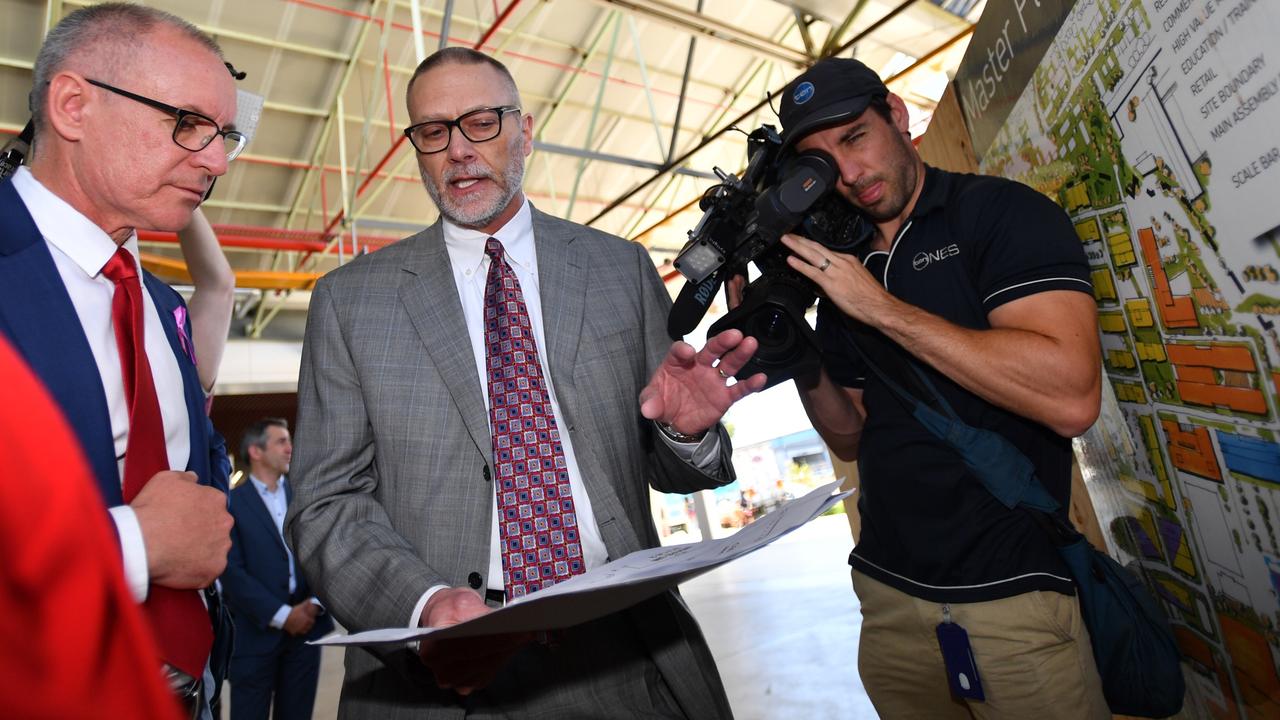
The 14-storey building, in the CBD’s northwest $3.6bn biomed city precinct that had its bunker purpose built for the PTI machines, has been hit with cost blowouts and delays through a public/private partnership involving SAHMRI, developer Commercial & General, taxpayers and Dexus property fund.
Former PTI chief executive Stephen Spotts, who retired in October 2022 – and has no knowledge of current operations – said contract payments were too restrictive.
“But if we had to do this and got 50 per cent down payment … even with Covid my guess is that the system would be … heading toward first patient treatment,” he said.
A SAHMRI spokesman defended its review work.
“Independent due diligence was undertaken over a period of around 18 months before the decision to proceed with ProTom,” he said.
“SAHMRI continues to work with our project partners to achieve the best outcome for this most important project.”
Treasurer Stephen Mullighan said negotiations were “making progress” but warned authorities had faced “all sorts of trouble” gaining confidence from PTI.
“The government continues to support SAHMRI in its efforts to deliver the project,” he said.
A spokesman for PTI, which has signed a legal gag order, declined to comment but has denied wrongdoing.
More Coverage
Originally published as Leaked SAHMRI papers reveal ‘major concerns’ with Adelaide Bragg Centre proton therapy unit before $68m taxpayer grant





